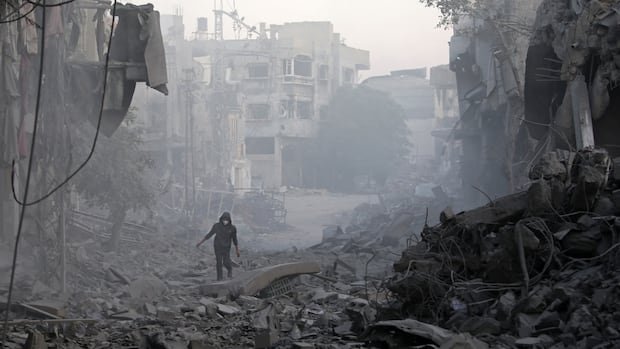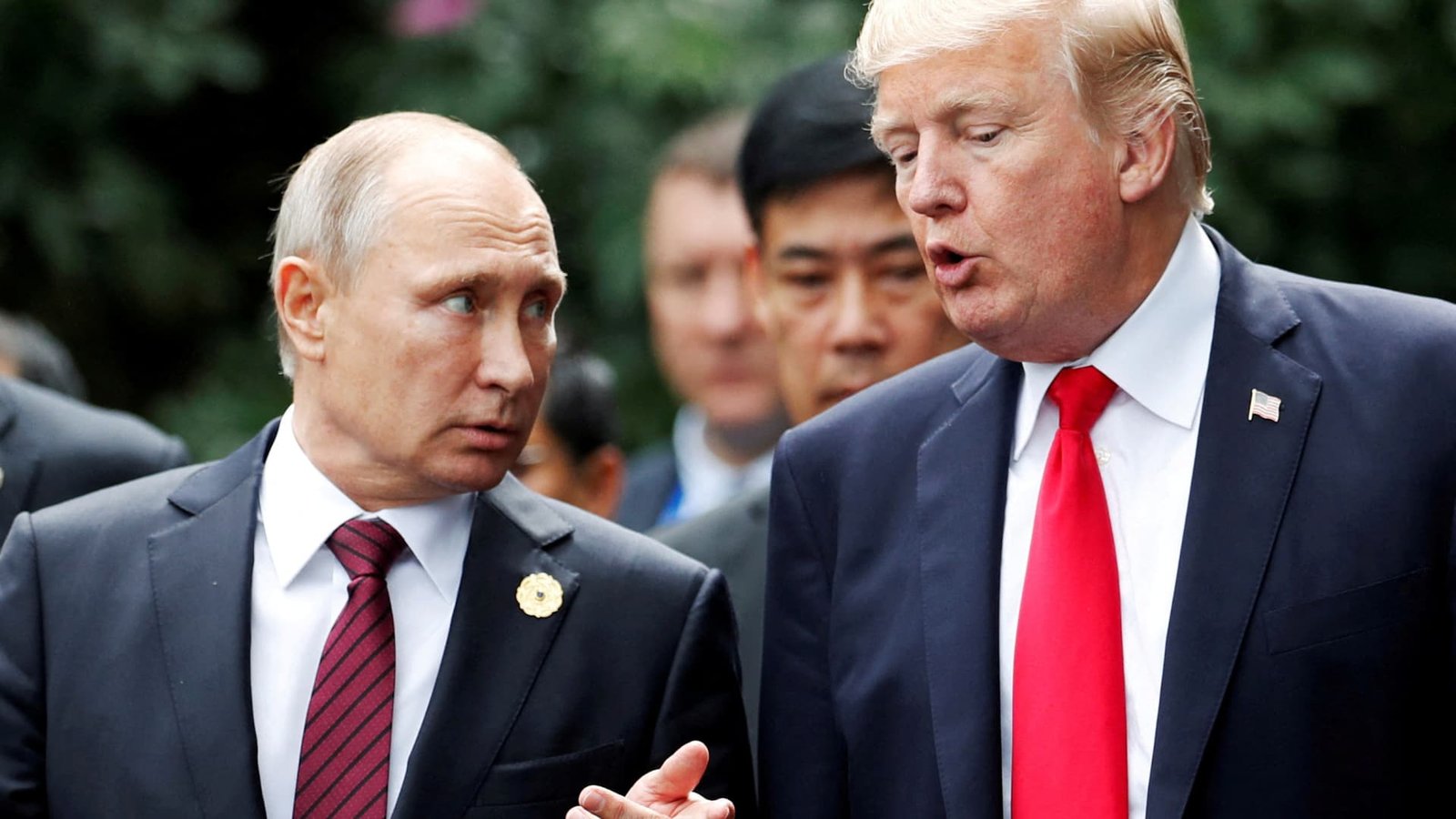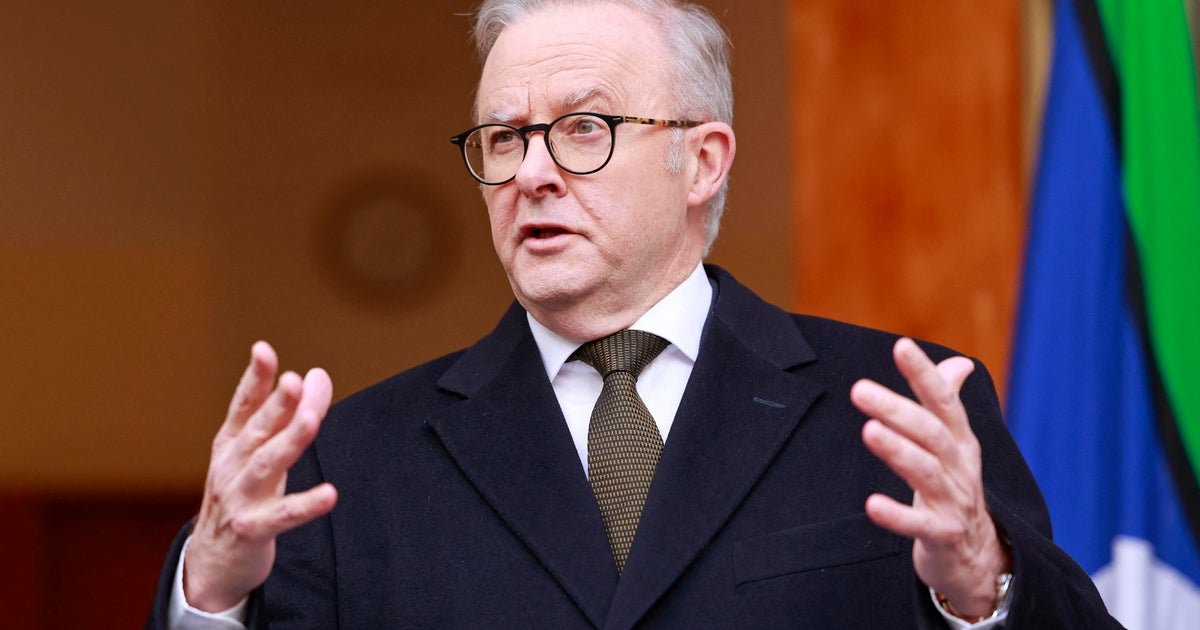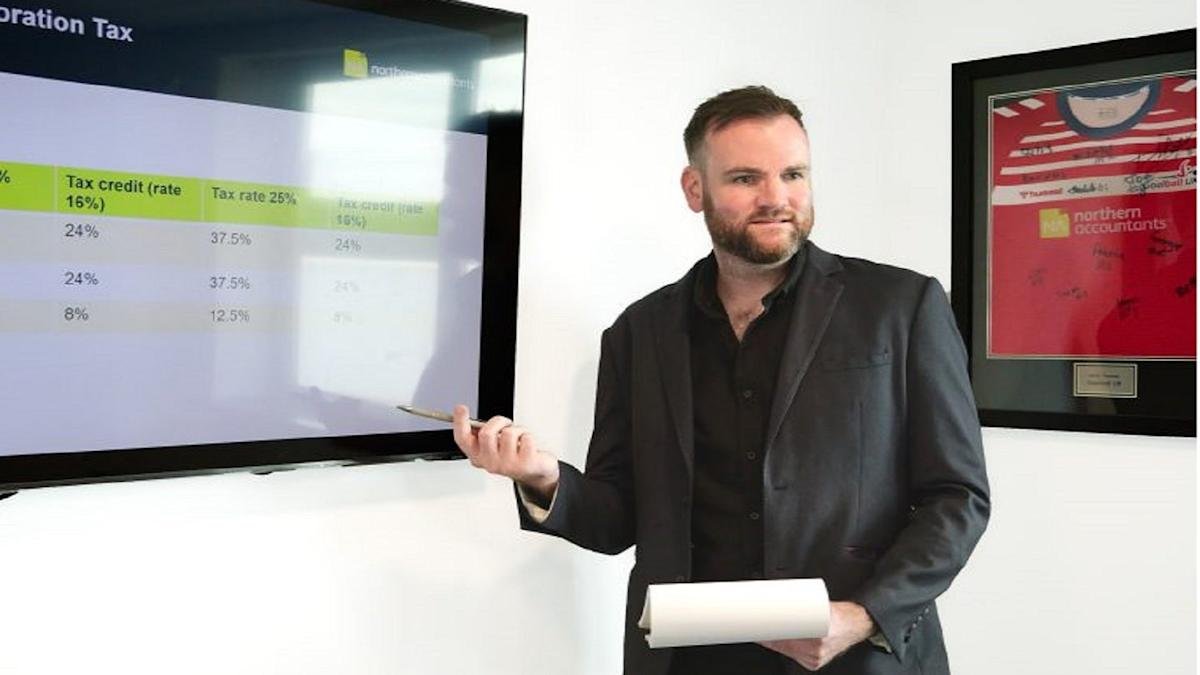
Israeli Prime Minister Benjamin Netanyahu and US President Joe Biden discussed efforts to reach a ceasefire and hostage release in the war between Israel and Hamas on Sunday, a sign of increased pressure to reach a deal before the upcoming inauguration of Donald Trump.
Negotiations brokered last year by the United States, Egypt and Qatar have repeatedly stalled when they appeared to be close to a deal. In recent days, US officials have expressed hope for an agreement.
Sunday’s call between Biden and Netanyahu came while the head of Israel’s foreign intelligence agency, Mossad, David Barnea, and Biden’s top Middle East adviser, Brett McGurk, were in the Qatari capital of Doha. Barna’s presence, confirmed by Netanyahu’s office, means senior Israeli officials who are expected to sign off on any deal are now involved in the talks.
McGurk is working on the final details of a text that will be presented to both sides, Biden’s national security adviser Jake Sullivan told CNN state of the union. But he said he did not want to predict whether an agreement could be reached by January 20, the day of the inauguration.
“We are very, very close,” he said. “However, being very close still means we are far, because until you actually cross the finish line, we are not there.”

The White House and Netanyahu’s office confirmed the phone conversation between the two leaders without providing details.
In the 15 months of the war, only one short ceasefire was achieved, and that was in the earliest weeks of fighting. US Secretary of State Antony Blinken said this week that a deal was “very close” and that he hoped to finalize it before handing over diplomacy to the new Trump administration.
A phased ceasefire is now under discussion, with Netanyahu signaling that he is committed only to the first phase, the partial release of hostages in exchange for a weeks-long cessation of fighting.
Hamas has insisted on a complete withdrawal of Israeli troops from the largely devastated territory, but Netanyahu has insisted on destroying Hamas’s ability to fight in Gaza.
Talks to broker a cease-fire and hostage-release deal between Israel and Hamas have resumed in Cairo, and sources close to the talks say the agreement could be signed in the coming days. Palestinians in southern Gaza say they hope this round of talks will lead to an end to the war so life can resume.
Issues in the talks included which hostages would be freed in the first part of the phased ceasefire agreement, which Palestinian prisoners would be released and the extent of Israeli troop withdrawal from Gaza’s population centers.
Israel’s campaign in Gaza has killed more than 46,000 Palestinians, most of them women and children, according to the territory’s Ministry of Health, whose number does not break down fighters and civilians.
The Israeli campaign was launched by a Hamas attack on October 7, 2023, in which the militants killed around 1,200 people and kidnapped around 250 others, according to Israeli figures.
The families of the roughly 100 hostages still being held in Gaza are pressing Netanyahu to reach a deal to bring their loved ones home. Israelis gathered again Saturday night in the city of Tel Aviv, with photographs of the hostages on display.
Palestinians in Gaza have been dwindling their hopes of halting an Israeli campaign that has devastated much of the territory and driven more than 80 percent of its 2.3 million people from their homes.
“We hear that there are negotiations every day, but we don’t see anything,” said Mazen Hammad, a resident of the southern city of Khan Younis. When we see it on the field, then we believe that it is a truce.






